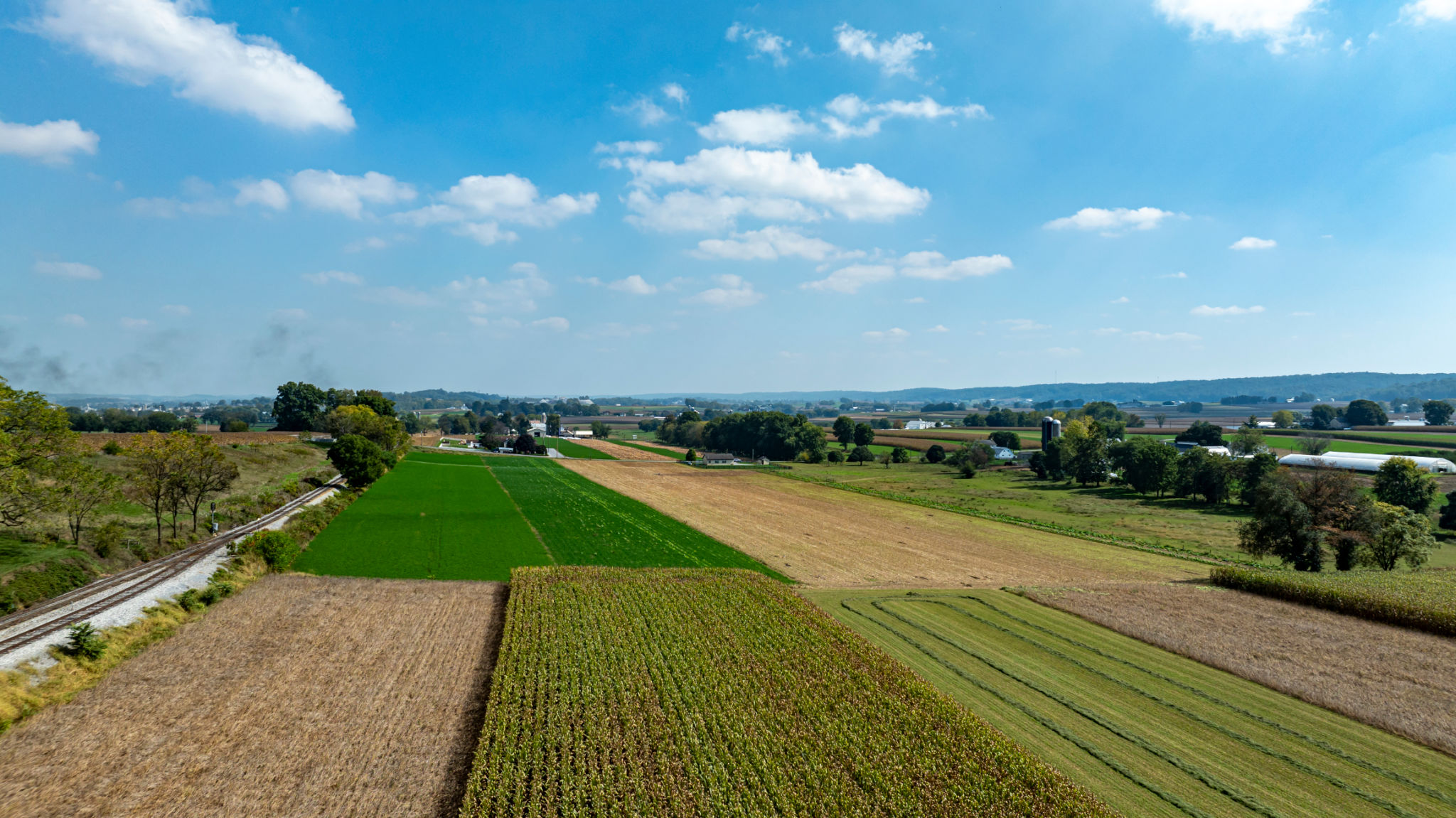Sustainable Agriculture Practices: A Myth-Busting Guide for Enterprises
In recent years, sustainable agriculture has gained significant attention as businesses strive to adopt environmentally friendly practices. However, there are numerous myths surrounding sustainable agriculture that can deter enterprises from implementing these beneficial practices. This guide aims to debunk some of these common misconceptions and provide clarity on how sustainable agriculture can be both feasible and advantageous for businesses.

Myth 1: Sustainable Agriculture Is Not Economically Viable
One of the most pervasive myths is that sustainable agriculture is not economically viable for enterprises. Contrary to this belief, adopting sustainable practices can lead to cost savings in the long run. By focusing on resource efficiency, businesses can reduce dependency on costly inputs like synthetic fertilizers and pesticides. Moreover, sustainable practices often enhance soil health and biodiversity, leading to improved yields and product quality over time.
Companies that invest in sustainable agriculture often benefit from increased market access and consumer trust. As more consumers prioritize sustainability in their purchasing decisions, businesses that demonstrate commitment to sustainable practices can enjoy a competitive advantage.

Myth 2: Sustainable Agriculture Yields Are Insufficient
Another common misconception is that sustainable agriculture cannot produce yields comparable to conventional farming methods. However, studies have shown that yields from sustainable farming can be on par with or even exceed those of traditional methods when managed correctly. Techniques such as crop rotation, agroforestry, and organic amendments can significantly enhance productivity while maintaining ecological balance.
Furthermore, sustainable agriculture reduces the vulnerability of crops to climate change and pest outbreaks, which can significantly impact yields. By improving resilience through diverse cropping systems and integrated pest management, enterprises can safeguard their production against adverse conditions.

Myth 3: Transitioning to Sustainable Practices Is Too Complex
Many businesses hesitate to adopt sustainable agriculture due to perceived complexity in transitioning from conventional methods. While change does require effort, the transition process can be made manageable with proper planning and support. Enterprises can start small by implementing gradual changes and learning from pilot projects before scaling up.
Additionally, numerous resources are available to assist businesses in this transition. From government incentives to expert consultations, enterprises can access a wealth of information and support to facilitate their journey toward sustainability.

Myth 4: Sustainable Agriculture Requires Too Much Land
The belief that sustainable agriculture requires vast expanses of land is another myth that may deter enterprises. In reality, sustainable practices often emphasize efficiency and productivity per unit area rather than expansion. Techniques like vertical farming, precision agriculture, and permaculture allow for intensive cultivation with minimal land use.
By focusing on optimizing existing resources, businesses can achieve sustainability goals without the need for additional land. This approach not only conserves valuable ecosystems but also reduces operational costs associated with land acquisition and maintenance.

The Path Forward for Enterprises
As enterprises look to the future, embracing sustainable agriculture is not just a moral imperative but a strategic business decision. By dispelling myths and understanding the true potential of sustainable practices, businesses can pave the way for a more resilient and profitable agricultural sector.
Sustainable agriculture is a dynamic field with continuous innovations and improvements. Enterprises that stay informed and proactive in adopting new practices will be well-positioned to thrive in an increasingly sustainability-focused market.
